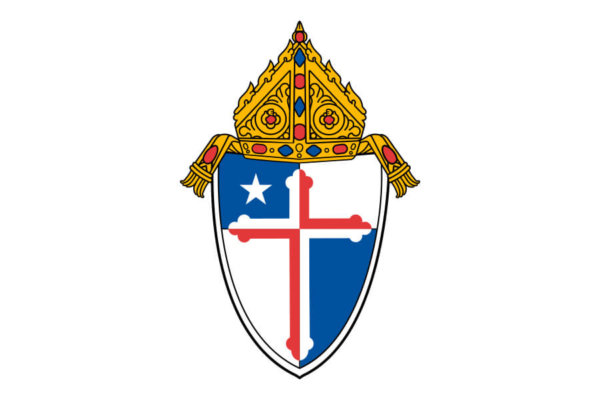For Immediate Release
Tuesday, January 22, 2019
Citing persistent attitudes and systemic instances of racism in society today, particularly in areas such as the criminal justice system, employment, healthcare and education, Baltimore Archbishop William E. Lori has today released a landmark pastoral document, “The Journey to Racial Justice.” Coinciding with the national holiday honoring the legacy of Dr. Martin Luther King, Jr., Archbishop Lori gathered with parishioners, community, civic and faith leaders for the announcement at St. Bernardine Catholic Church – a historic African-American Catholic Church in West Baltimore, and called on Catholic individuals and parishes to assume a primary responsibility for working to end racism.
“Even as we Americans celebrate the inspiring example of Dr. King today, we feel the shame of persistent and organized examples of blatant racism, anti-Semitism and intolerance toward newcomers to our country such as we have not seen in decades,” said the Archbishop. “Celebrating advances in so many areas of our modern age rings hollow in the face of this continued scourge which demeans and denigrates fellow members of society merely because of the color of their skin, their ancestry or religious heritage. We must personalize every instance of racism and intolerance and fight against it individually and collectively, while asserting the God-given dignity of every human person. This must be our constant effort and responsibility as members of the Catholic faith community.”
The Archbishop further called for organized training and resources for conducing forums on racism in Catholic institutions throughout the Archdiocese and for a diversity study in the Archdiocese, including its “leadership, seminaries, clergy, parishes, schools and social service programs.” He pledged to enhance diversity in areas where it is lacking and to strengthen existing efforts to attract new members of the Church and candidates for priesthood and religious life from diverse racial and ethnic backgrounds. “While words on a page are well and good, without a relentless commitment to concrete action, they are unlikely to achieve their essential goal,” he said.
The document, drafted in consultation with a statewide taskforce, also acknowledges the Catholic Church’s historic involvement and support of slavery. “In continuing to reflect on the source of structural racism, we as Church leaders have come to recognize the importance of acknowledging and expressing our deep regret for the difficult and shameful history of the Church’s past involvement in the institution of slavery. From our very first archbishop, Church leaders, clergy and lay persons owned and relied upon the labor of enslaved persons. The fact that most institutions that can trace their past to the beginnings of this country were participants in the evil of slavery is no excuse. As a community of faith, founded on the teachings of the Gospel and called to witness to the love of God for all of His children, the Catholic Church’s past failure to reject this sin against humanity is indefensible,” the Archbishop acknowledged.
The announcement came during a prayer service that preceded a prayer walk with those in attendance stopping to pause to pray at various locations in the Edmondson Village community where someone had been murdered.
“The Journey to Racial Justice” can be found at www.archbalt.org/racismpastoral19.
Media Contact
Sean Caine
410.547.5378 (office)
443.857.4372 (cell)


